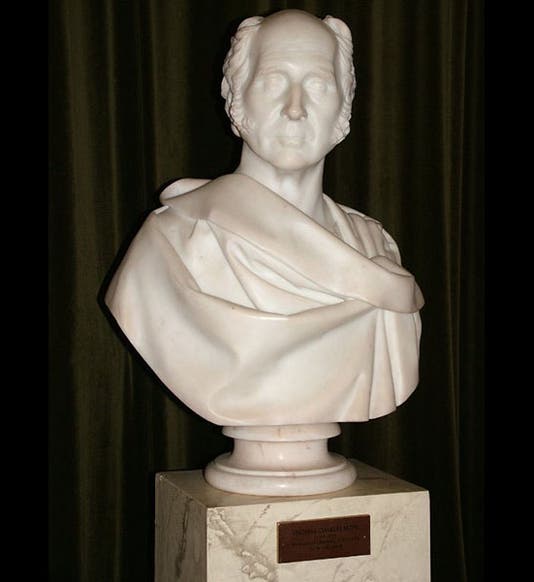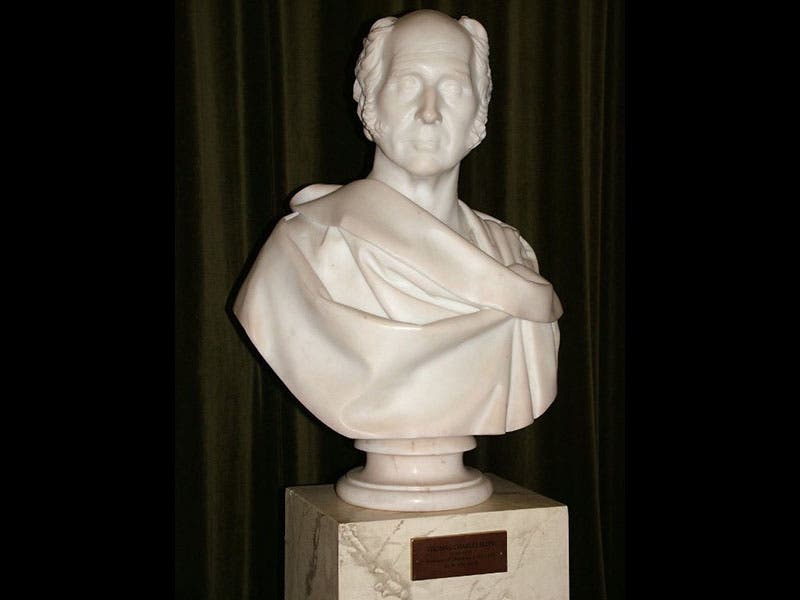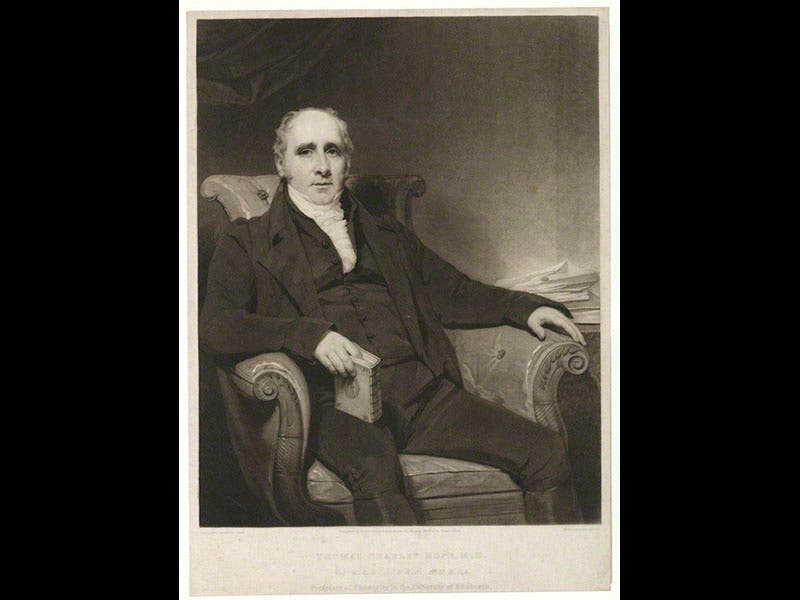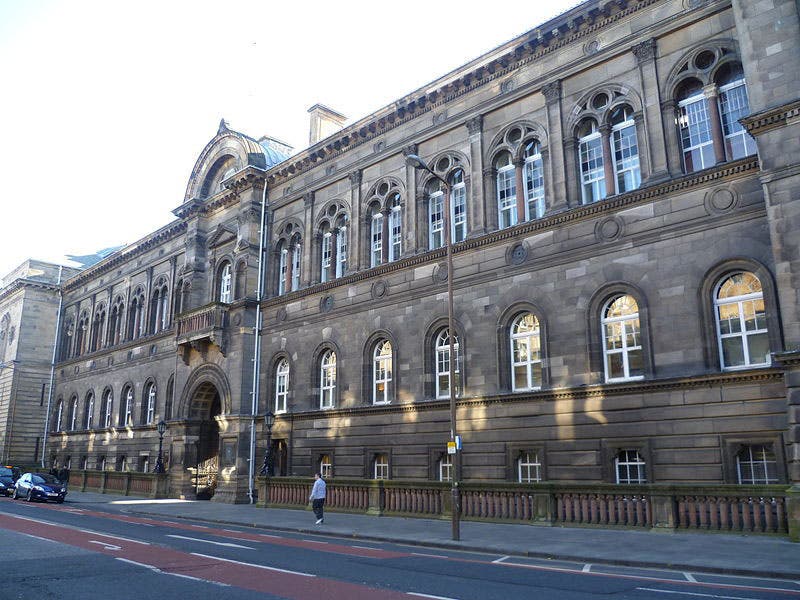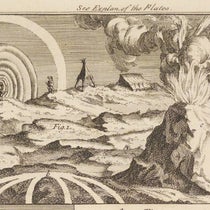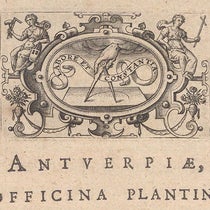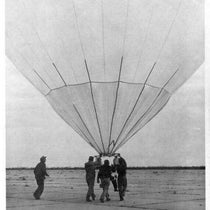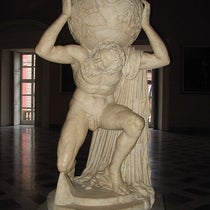Scientist of the Day - Thomas Charles Hope
Thomas Charles Hope, a Scottish chemist, was born July 21, 1766. Hope taught chemistry at Glasgow and Edinburgh for over 50 years, and he was one of the first professors of chemistry in Britain to abandon the phlogiston theory and convert to the new chemistry of Lavoisier. He is sometimes cited as a discoverer of the element strontium, and indeed he did some experiments to show that there was something else besides barium in the ores from the village of Strontian in Scotland, but others had discovered this earlier, and it was Humphry Davy who first isolated strontium in 1808 and gave it its name. Hope has a better claim to fame as being the first to determine, in 1805, that water has its greatest density at about 39.5 degrees F, which explained why icebergs float
To others, Hope’s name is familiar through Charles Darwin, who spent two years at Edinburgh between 1825 and 1827 studying medicine (the old Medical School building is still in place, third image). In his Autobiography, Darwin recalled: "The instruction at Edinburgh was altogether by Lectures, and these were intolerably dull, with the exception of those on chemistry by Hope." Professor Hope fared better than Professor Duncan, of whom Darwin said: "Dr. Duncan's lectures on Materia Medica at 8 o'clock on a winter's morning are something fearful to remember.”
Dr. William B. Ashworth, Jr., Consultant for the History of Science, Linda Hall Library and Associate Professor, Department of History, University of Missouri-Kansas City. Comments or corrections are welcome; please direct to ashworthw@umkc.edu.

